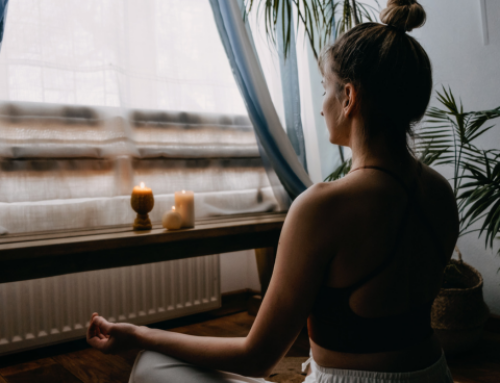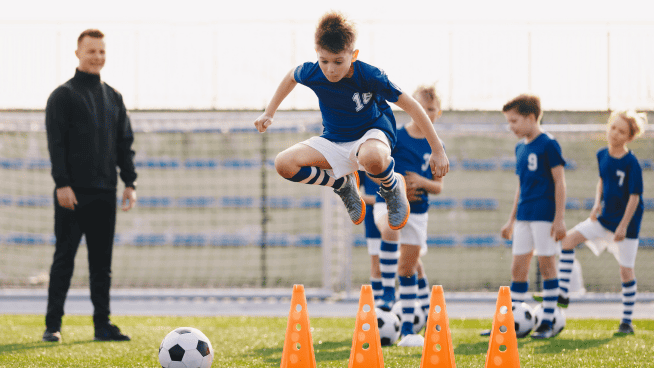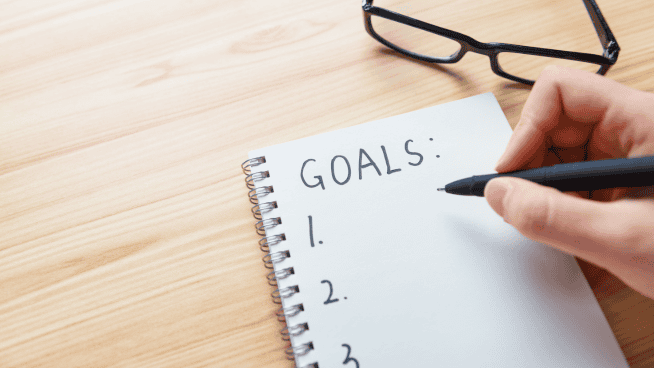Youth Public Mental Health Crisis Emerging
Mental health has gotten worse for children and teens over and during the pandemic. Symptoms of depression and anxiety have doubled. According to the Surgeon General, 25% are experiencing depression and 20% anxiety. Notably, destructive behaviors and emotional issues were also noticed. Also, there was a significant increase of suicide attempts at this time. And for those kids who were already experiencing stress and depression, it was exacerbated.
“Mental health challenges in children, adolescents, and young adults are real, and they are widespread. But most importantly, they are treatable, and often preventable.” – U.S. Surgeon General Vivek H. Murthy
Pandemics are tough for everyone, especially children. They cannot see their friends to play. They cannot hang out at the mall to socialize. They cannot go to the movies to spend time together. As adults, we can get used to the confinement, although it takes a toll on us mentally.
However, adults have mature emotions and an understanding of their environment that children have not developed yet. So, having class, talking, and playing virtually online is a temporary solution but not a healthy permanent fixture. We are human beings and develop through play, touching, and physical interaction.
Virtual fun and learning can by no means replace a child’s experiences and social interactions. Online school is ok when you are older in college, but not for children. There is some great research about children and too much virtual experience. It says that too much virtual experience like TV, cellphones, and video games produces less motivation, poor attention span, lack of focus, depression, anti-social and deviant behavior from kids.
Children need to go to school because they learn a preparation and responsibility factor- waking up in the morning, getting dressed, and walking out the door to attend school; not just roll out of bed and sit in front of a camera.
And now that kids have returned and been returning to school, all that depression, anxiety, antisocial behavior, and emotional disturbance developed from confinement, is carrying over into school. The pressures that school created before have now been exacerbated, causing greater difficulty and inability to deal and cope. There needs to be some mechanisms or ways for children to ease the burden and reset back to normal. One way to help children manage and readapt is by simply easing into things. Allow kids to adjust back to the environment slowly. They have to resync their mind, body, and habits again.
Another way is by having the children do physical activity. Many times, the power of physical activity is underestimated. And, it is one of the most powerful things to reduce stress, focus, feel good, comfortable, and relaxed. Having exercise sessions a few times a day will significantly help ease the anxiety, alleviate depression, create better behaviors and make kids more social and focused. Never underestimate the power of endorphins.
Some time ago, I worked with a depressed teenager. Her Mom had her do training sessions with me over the summertime before going back to school. And it was amazing to see her talk and smile after a few sessions. Even her Mom could not believe the difference. But not even with her. I saw the drastic changes in all the teens I trained, like night and day, with their behavior and attitude. And again, their Mom’s noticed their child’s significant changes at home and school. So, I felt it was important to mention these previous experiences and the power of exercise. It is a powerful tool in creating better mentality and combating mental health issues that can save lives.
How To Get Mental Health Help
If you or someone you know has a mental health problem, there are ways to get help. Studies show that most people with mental health problems get better and many recover completely. Visit https://www.mentalhealth.gov/get-help
Read More
RECOMMENDED FOR YOU
MOST POPULAR
Youth Public Mental Health Crisis Emerging
Mental health has gotten worse for children and teens over and during the pandemic. Symptoms of depression and anxiety have doubled. According to the Surgeon General, 25% are experiencing depression and 20% anxiety. Notably, destructive behaviors and emotional issues were also noticed. Also, there was a significant increase of suicide attempts at this time. And for those kids who were already experiencing stress and depression, it was exacerbated.
“Mental health challenges in children, adolescents, and young adults are real, and they are widespread. But most importantly, they are treatable, and often preventable.” – U.S. Surgeon General Vivek H. Murthy
Pandemics are tough for everyone, especially children. They cannot see their friends to play. They cannot hang out at the mall to socialize. They cannot go to the movies to spend time together. As adults, we can get used to the confinement, although it takes a toll on us mentally.
However, adults have mature emotions and an understanding of their environment that children have not developed yet. So, having class, talking, and playing virtually online is a temporary solution but not a healthy permanent fixture. We are human beings and develop through play, touching, and physical interaction.
Virtual fun and learning can by no means replace a child’s experiences and social interactions. Online school is ok when you are older in college, but not for children. There is some great research about children and too much virtual experience. It says that too much virtual experience like TV, cellphones, and video games produces less motivation, poor attention span, lack of focus, depression, anti-social and deviant behavior from kids.
Children need to go to school because they learn a preparation and responsibility factor- waking up in the morning, getting dressed, and walking out the door to attend school; not just roll out of bed and sit in front of a camera.
And now that kids have returned and been returning to school, all that depression, anxiety, antisocial behavior, and emotional disturbance developed from confinement, is carrying over into school. The pressures that school created before have now been exacerbated, causing greater difficulty and inability to deal and cope. There needs to be some mechanisms or ways for children to ease the burden and reset back to normal. One way to help children manage and readapt is by simply easing into things. Allow kids to adjust back to the environment slowly. They have to resync their mind, body, and habits again.
Another way is by having the children do physical activity. Many times, the power of physical activity is underestimated. And, it is one of the most powerful things to reduce stress, focus, feel good, comfortable, and relaxed. Having exercise sessions a few times a day will significantly help ease the anxiety, alleviate depression, create better behaviors and make kids more social and focused. Never underestimate the power of endorphins.
Some time ago, I worked with a depressed teenager. Her Mom had her do training sessions with me over the summertime before going back to school. And it was amazing to see her talk and smile after a few sessions. Even her Mom could not believe the difference. But not even with her. I saw the drastic changes in all the teens I trained, like night and day, with their behavior and attitude. And again, their Mom’s noticed their child’s significant changes at home and school. So, I felt it was important to mention these previous experiences and the power of exercise. It is a powerful tool in creating better mentality and combating mental health issues that can save lives.
How To Get Mental Health Help
If you or someone you know has a mental health problem, there are ways to get help. Studies show that most people with mental health problems get better and many recover completely. Visit https://www.mentalhealth.gov/get-help
Read More











